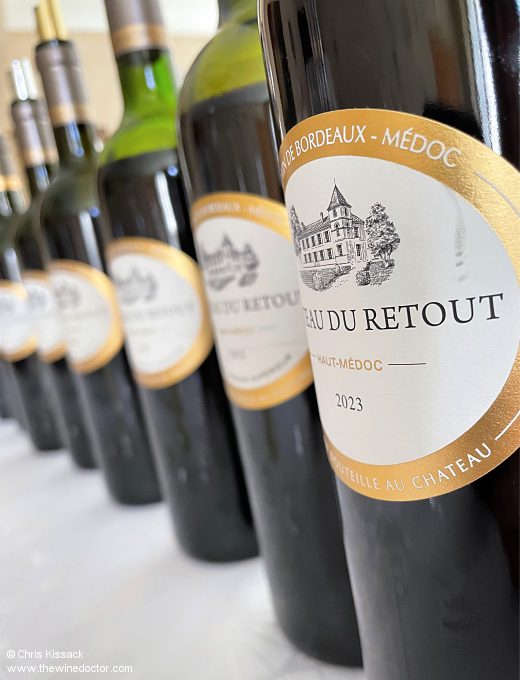Following the Camino: Château du Retout, 2009 – 2023
Having been born in Burgos, in Spain, Manuel Norberto Pérez de Camino (1783 – 1841) arrived in Cussac, a small settlement on the road heading north from Bordeaux, by a rather circuitous route.
His younger days had been care-free; he had studied at various Spanish universities before completing his doctorate at the University of Alcalá de Henares, in 1807. That same year Napoleon Bonaparte (1769 – 1821), frustrated by Portugal’s defiance of the trade blockade against Great Britain, had marched through Spain to capture Lisbon. France and Spain had been allies, but the alliance soon turned sour; in 1808 Napoleon, backed by 118,000 troops, installed his brother Joseph Bonaparte (1768 – 1844) on the Spanish throne. The Spanish people were now under French rule.
Manuel had done well for himself under this new regime, climbing the ranks of the capital’s legal hierarchy. By 1812 he was the lead prosecutor in the Juntas, in essence a legal representative of the self-styled Joseph I. He was so deeply embedded within the French administrative system that when Joseph abdicated, and Napoleon and his armies were forced to retreat to France, Manuel was one of many Spaniards who had no choice but to accompany them. His exile turned out well in the end though; by 1814 he was serving as a judge in the French courts.
And then he met Euphrosine. And his outlook on life had changed.
Euphrosine Salva was the proprietor of several vineyards in the old village of Cussac, and after their marriage Manuel and Euphrosine had settled here. This gave Manuel (his name Gallicised in the French texts of the era to Emmanuel) time to devote himself to his real passion, which was poetry. Working the vines, with Euphrosine, gave him time to think, and to weave words in his mind; during his time in Cussac he penned a number of sombre elegies collated under the title Poética y Sátiras (published 1822). It was a peaceful way to spend his golden years; Manuel remained here until his death in 1841.

